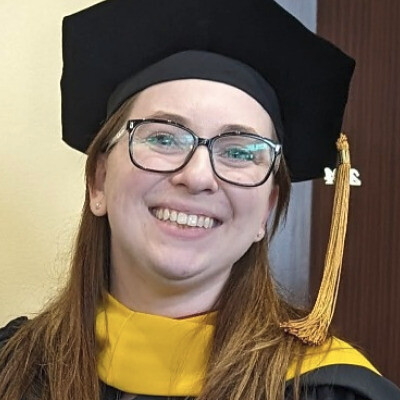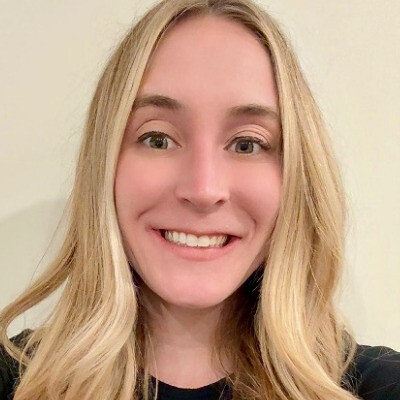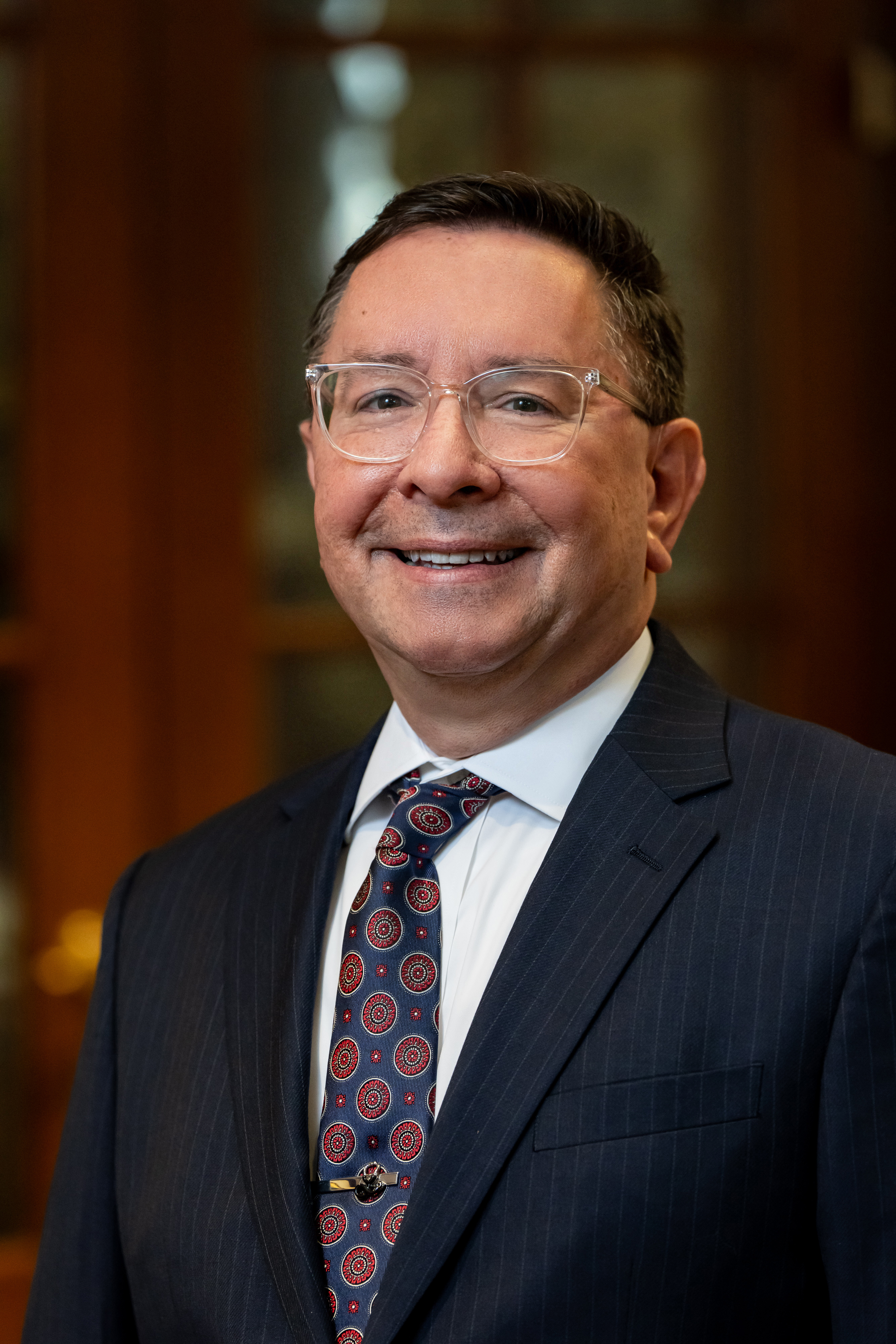This presentation explores an interprofessional education (IPE) module featuring a powerful narrative from a 53-year-old psychologist, ovarian cancer survivor, mother, and alumna of the host institution. She shared her 23-year journey, beginning with a diagnosis of a rare form of ovarian cancer at age 30 while pregnant and completing her doctoral training in psychology.
Her story illuminated the complexity of navigating medical decisions in the absence of clear evidence-based guidance, while managing the emotions of a life-altering diagnosis. She described encounters with healthcare professionals ranging from exceptionally compassionate and interpersonally skilled to insensitive and dismissive. Drawing on personal insight and professional literature, she emphasized the importance of ethics, values, interprofessional communication, and trust in building interpersonal relationships for effective, team-based, patient-centered care.
Her presentation served as a call to action: for healthcare professionals to recognize the humanity in each patient, to take time to connect meaningfully, and to manage their own emotions as part of delivering sustainable, compassionate care. Attending to these practices improves patient outcomes and also helps prevent provider burnout and disengagement.
Participants—psychology doctoral students, master’s counseling students, and fourth-year medical students—engaged in small, interprofessional discussion groups co-facilitated by faculty and advanced students from psychology, medicine, pharmacy, and counseling. Facilitators were provided with a structured guide to support thoughtful, values-based conversation. Discussions focused on working with patients whose values may differ from their own, ethical self-awareness, and fostering compassion, resilience, and collaboration.
A qualitative analysis of 14 de-identified written reflections from medical students in five discussion groups was conducted using ATLAS.ti. The interprofessional research team coded a sample of the data to establish validity, with final themes developed through consensual validation.
Medical students from different accepted residency specialties had similar takeaways from this IPE session. Emergent themes revealed the significant impact of hearing a patient’s voice on understanding of whole-person care, benefits of gaining different professional perspectives on the emotional complexity of medical decision-making, and the critical role of self-reflection and self-awareness. Students reflected on humility, shared responsibility, and the value of connection in patient care. Many reported that the experience would shape their future professional practice and reinforced the importance of learning directly from patients.
This session highlights how patient voices can enhance interprofessional learning and inspire more human-centered, emotionally resilient healthcare practice. Session structure and organization, guiding questions, and prework will be shared.
In support of improving patient care, this activity is planned and implemented by The National Center for Interprofessional Practice and Education Office of Interprofessional Continuing Professional Development (National Center OICPD). The National Center OICPD is accredited by the Accreditation Council for Continuing Medical Education (ACCME), the Accreditation Council for Pharmacy Education (ACPE), and the American Nurses Credentialing Center (ANCC) to provide continuing education for the healthcare team.
As a Jointly Accredited Provider, the National Center is approved to offer social work continuing education by the Association of Social Work Boards (ASWB) Approved Continuing Education (ACE) program. Organizations, not individual courses, are approved under this program. State and provincial regulatory boards have the final authority to determine whether an individual course may be accepted for continuing education credit. The National Center maintains responsibility for this course. Social workers completing this course receive continuing education credits.
The National Center OICPD (JA#: 4008105) is approved by the Board of Certification, Inc. to provide continuing education to Athletic Trainers (ATs).
This activity was planned by and for the healthcare team, and learners will receive Interprofessional Continuing Education (IPCE) credit for learning and change.


Physicians: The National Center for Interprofessional Practice and Education designates this live activity for AMA PRA Category 1 Credits™. Physicians should only claim credit commensurate with their participation.
Physician Assistants: The American Academy of Physician Assistants (AAPA) accepts credit from organizations accredited by the ACCME.
Nurses: Participants will be awarded contact hours of credit for attendance at this workshop.
Nurse Practitioners: The American Academy of Nurse Practitioners Certification Program (AANPCP) accepts credit from organizations accredited by the ACCME and ANCC.
Pharmacists and Pharmacy Technicians: This activity is approved for contact hours.
Athletic Trainers: This program is eligible for Category A hours/CEUs. ATs should claim only those hours actually spent in the educational program.
Social Workers: As a Jointly Accredited Organization, the National Center is approved to offer social work continuing education by the Association of Social Work Boards (ASWB) Approved Continuing Education (ACE) program. Organizations, not individual courses, are approved under this program. State and provincial regulatory boards have the final authority to determine whether an individual course may be accepted for continuing education credit. The National Center maintains responsibility for this course. Social workers completing this course receive continuing education credits.
IPCE: This activity was planned by and for the healthcare team, and learners will receive Interprofessional Continuing Education (IPCE) credits for learning and change.
Learners can claim CE credit by completing the Daily Evaluation.








